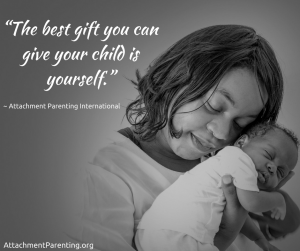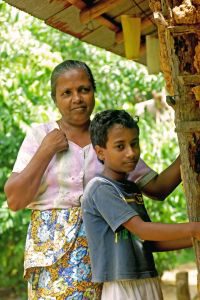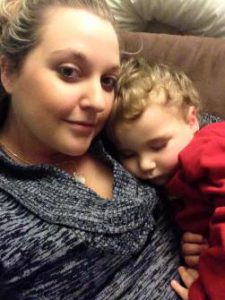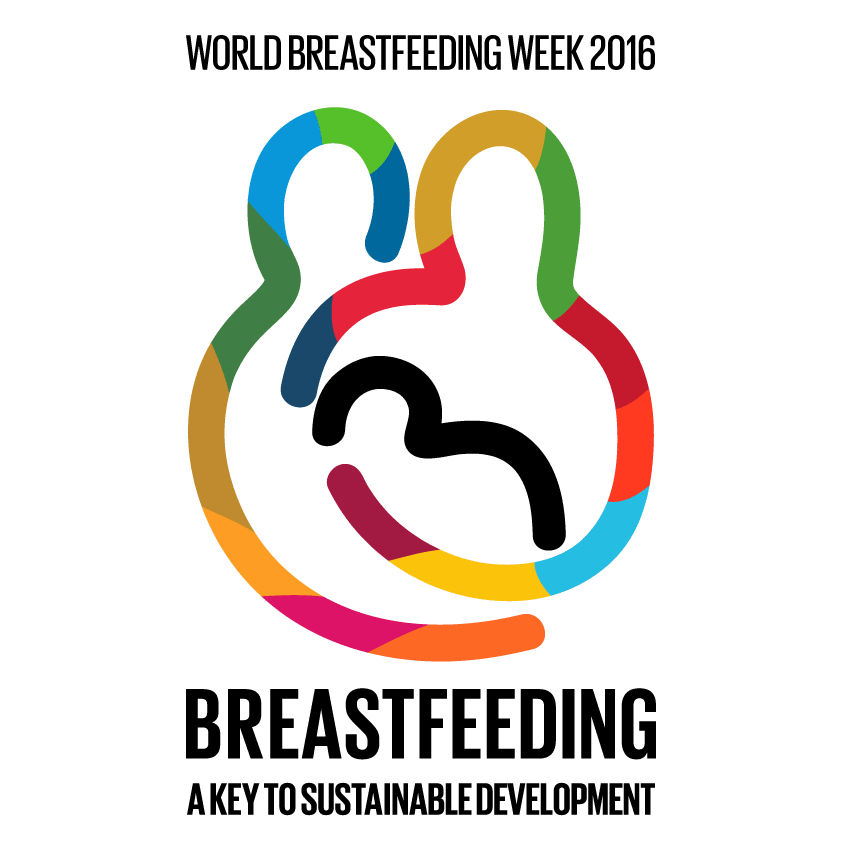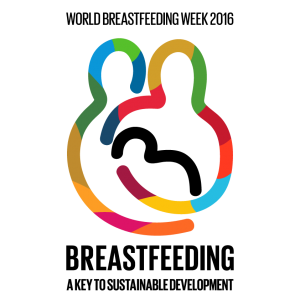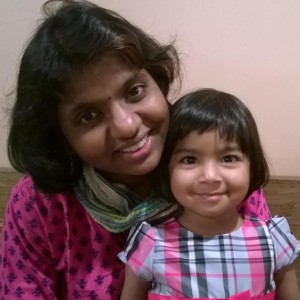“Imagine that the world had created a new ‘dream product’ to feed and immunize everyone born on Earth. Imagine also that it was available everywhere, required no storage or delivery, and helped mothers plan their families and reduce the risk of cancer. Then imagine that the world refused to use it.” ~ the late Frank Oski, MD, American pediatrician
 That “dream product” this renowned child nutrition expert was referring to before his 1996 death from prostate cancer already exists—in breastmilk.
That “dream product” this renowned child nutrition expert was referring to before his 1996 death from prostate cancer already exists—in breastmilk.
Breastmilk delivers lifelong health benefits to infants that far outweigh substitutes, doubling as both a source of superior nutrition and immunization to disease. Breastfeeding also plays a major role in establishing a foundation for infant mental health, secure mother-infant attachment, and strong family relationships.
Related: Breastmilk and baby’s gut health, the big picture and The link between breastfeeding and mental health
Yet, breastmilk is routinely pitted against the marketing prowess of multi-billion-dollar infant formula companies that in recent years at least have promoted its use as supportive to breastfeeding rather than an alternative.
This seemingly complementary role of formula to breastfeeding, as marketed, is a rather new change in course in the history of infant formula—mostly out of “regard” for the WHO’s International Code of Marketing Breast-milk Substitutes, enforceable by law in 136 of 194 developed countries.
Formula companies aren’t foolish when it comes to making money. Even formula companies in the 58 countries that do not prioritize the WHO code in their advertising legalese understand the potential damage to sales that could come with marketing formula as equal to or better than breastmilk in a culture that values advocating for higher breastfeeding rates.
Related: Nature’s case for breastfeeding
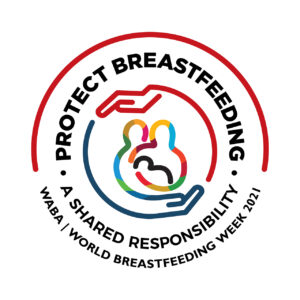 This month, the United Kingdom-based infant formula company Bobbie debuted a national U.S. marketing campaign on the first day of World Breastfeeding Week (Aug. 1-7, 2021) with a full-page ad in the New York Times that so flagrantly broke the WHO code that there should be outrage from all levels of U.S. breastfeeding support.
This month, the United Kingdom-based infant formula company Bobbie debuted a national U.S. marketing campaign on the first day of World Breastfeeding Week (Aug. 1-7, 2021) with a full-page ad in the New York Times that so flagrantly broke the WHO code that there should be outrage from all levels of U.S. breastfeeding support.
The silence is telling. Only one instance of social pushback against this formula company’s challenge to “breast is best” has made it to the top of search-engine lists:
- “Unethical food marketing ad of the week: infant formula, organic no less” by Marion Nestle (no relation to Nestle products), Food Politics.
Social media can be a powerful force for good when in the hands of empowered parents.
Well-supported breastfeeding parents are empowered. That support comes from many levels, from La Leche League International leaders to International Board Certified Lactation Consultants to media and culture to societal systems. In the United States, breastfeeding support has long been making gains on an uphill climb. We are not done by any means, as we live in a system that does not put family first.
Yet something has shifted in breastfeeding support internationally, and we are in danger of losing those gains.
Maybe we have become complacent. Maybe we have allowed our capitalistic economy to trump decades of research showing that breastmilk is truly best. In 2018, the U.S. threatened countries with economy-crushing tactics to avoid adopting a United Nations resolution to protect, promote, and support breastfeeding. This bewildering rejection of breastfeeding was justified by then-President Donald Trump as a show of support for mothers.
The news media was then relatively quiet in 2019, before COVID-19 struck in 2020—leaving billions of mothers around the world stranded from breastfeeding support, with the pandemic continuing to compromise face-to-face lactation support in the early weeks after childbirth when breastfeeding challenges are most likely to arise.
Infant formula companies filled the gap with questionable claims and overt WHO code violations:
- In Paraguay, Danone specifically promoted its Nutricia infant formula as the safe infant-feeding method, purporting that COVID-19 could be transmitted to babies via breastfeeding. Danone extended this so-called support to “babies born in the pandemic” in Brazil, India, and parts of Europe.
- In Mexico and Peru, Abbott claimed its brand Similac strengthens babies’ immune systems against viruses and bacteria.
- In Southeast Asia, Nestle’s Indonesian brand Dancow ran ads portraying children drinking formula with the tagline (translated): “Mother, protect your sweetheart!”
- Likewise, Danone’s Indonesian brand SGM promoted a “customer care line” via its Instagram and WhatsApp social media channels, and urged mothers to call with questions about child growth and development.
- In both Pakistan and India, Nestle’s Lactogrow has been distributed in COVID-19 relief packages.
These and other instances are enough of a red flag that, globally, breastfeeding is on a slippery slope toward losing relevance—again.
Our grandmothers remember when breastfeeding rates dipped to near nonexistence in the U.S. between 1940 and 1970. Less than a century is not so long ago. We need a resurgence of impassioned support of breastfeeding, especially as the COVID-19 pandemic has allowed infant formula companies an opportunity to step up their marketing schemes against breastfeeding—which is as much against mothers and fathers, their infants’ health, and a confident beginning for the family.
Related: Interaction and relationships in breastfeeding families with Dr. Keren Epstein-Gilboa
After the struggles that breastfeeding had to endure to overcome formula companies’ misinformation in the 20th century, breastfeeding is not nearly as established as it needs to be in our society to be left to stand on its own against capitalism’s continued manipulation of the public when left unchecked.
We look forward to seeing, and sharing, empowered parents’ protection, promotion, and support of breastfeeding.





